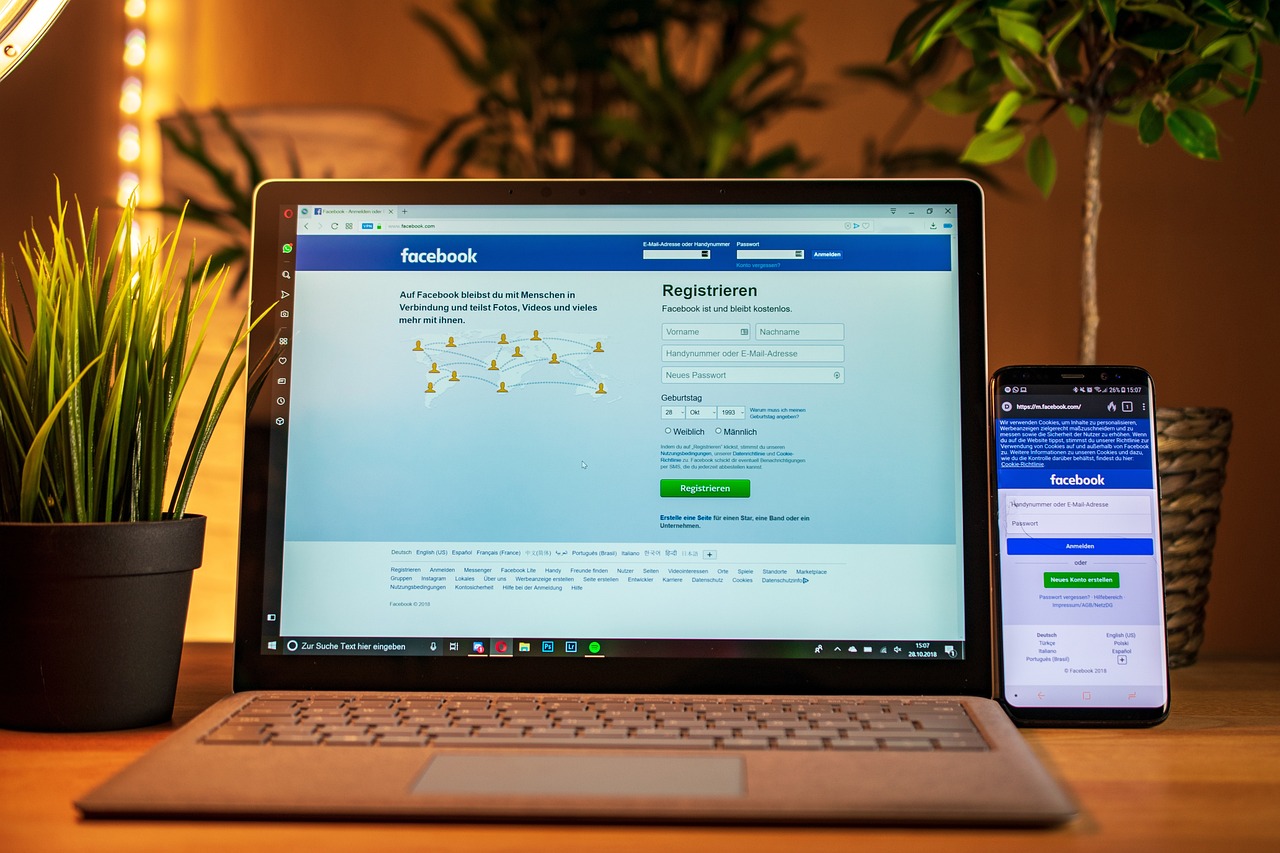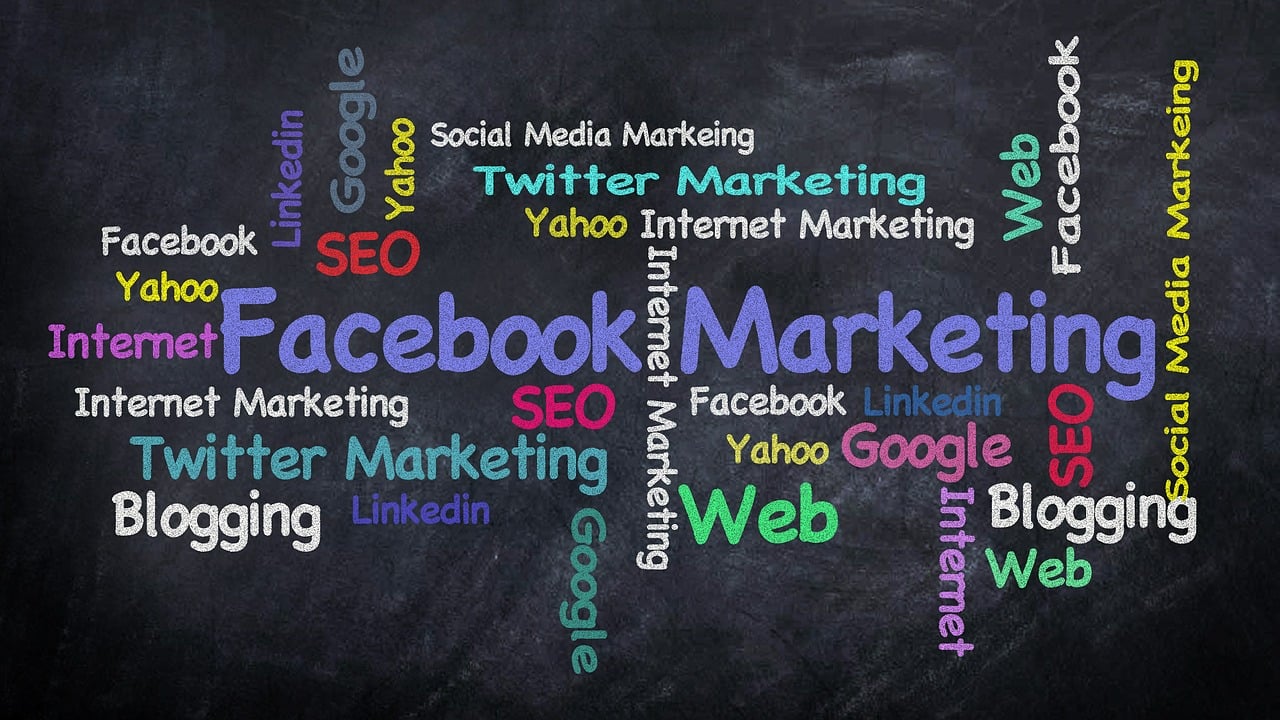Facebook Groups have become a powerful tool for building vibrant online communities. A well-managed group can enhance brand loyalty, provide immense value to members, and foster meaningful connections. Whether you’re a business owner, content creator, or passionate enthusiast, creating a thriving Facebook Group can be a game-changer for your online presence.
Define Your Group’s Purpose and Audience
The foundation of a successful Facebook Group lies in clearly defining its purpose and target audience. This clarity will guide your content strategy and engagement efforts, ensuring that your group attracts and retains the right members.
Setting Clear Objectives
Establishing clear objectives for your group is crucial for aligning it with your overall goals. Consider the following potential objectives:
- Increase brand engagement and loyalty
- Provide a platform for customer support
- Create a niche community for shared interests
- Drive traffic to your website or other platforms
- Generate leads or sales opportunities
- Foster discussions and knowledge sharing
Understanding Your Target Audience
To create content that resonates, you must understand your audience’s needs and preferences. Ask yourself:
- What are the demographics of your ideal group members?
- What challenges or pain points do they face?
- What type of content do they engage with most?
- What motivates them to join and participate in online communities?
- How can your group provide unique value to this audience?
Establishing Group Rules and Guidelines
Clear rules and guidelines are essential for maintaining a positive community atmosphere. They set expectations for behavior and help prevent conflicts.
Creating a Welcoming Environment
Craft an introductory message that warmly welcomes new members and outlines the group’s culture. Consider including:
- A brief description of the group’s purpose
- Expectations for member behavior and engagement
- How to get started (e.g., introduce yourself, read pinned posts)
- Any special features or regular events in the group
Enforcing Guidelines Consistently
Consistent enforcement of rules is crucial for maintaining order. Follow these steps when handling rule violations:
- Issue a friendly warning for first-time offenses
- Temporarily mute repeat offenders
- Remove posts that violate guidelines
- Ban members who consistently disrupt the community
Strategies for Growing Your Facebook Group

Growing your group organically ensures that you attract genuinely interested members who will actively contribute to the community.
Promoting Your Group Outside Facebook
Leverage other platforms to promote your group:
- Include group invitations in email newsletters
- Mention your group in blog posts or podcasts
- Cross-promote on other social media platforms
- Use Facebook ads to reach a wider audience
- Collaborate with influencers or other group admins for shoutouts
Encouraging Word-of-Mouth Growth
Existing members can be your best advocates. Encourage them to invite others by:
- Hosting referral contests with prizes for top inviters
- Featuring member spotlights to showcase active participants
- Creating shareable content that members want to pass along
- Offering exclusive content or perks for members who bring in new joiners
Creating and Sharing Valuable Content
Regular, high-quality content is the lifeblood of an active Facebook Group. Variety is key to keeping members engaged.
Content Planning and Scheduling
Plan and schedule your content to maintain consistent activity:
| Content Type | Examples | Suggested Frequency |
|---|---|---|
| Educational | How-to guides, industry news | 2-3 times per week |
| Entertaining | Memes, fun facts, polls | Daily |
| Interactive | Q&As, challenges, discussions | 1-2 times per week |
| User-generated | Member spotlights, success stories | Weekly |
Utilizing Visual Content for Engagement
Visual content can significantly boost engagement. Consider:
- Creating branded infographics summarizing key information
- Sharing behind-the-scenes photos or videos
- Using tools like Canva or Adobe Spark for professional-looking visuals
- Encouraging members to share their own images related to group topics
Engaging with Your Community

Consistent engagement is crucial for building a strong, interactive community.
Responding to Member Contributions
Active participation from admins and moderators encourages member engagement:
- Acknowledge and respond to new member introductions
- Ask follow-up questions on member posts to spark discussions
- Use members’ names when replying to personalize interactions
- Highlight insightful comments or contributions
Hosting Events and Activities
Regular events can boost community involvement:
- Live Q&A sessions with industry experts
- Virtual meetups or networking events
- Themed challenges or contests
- Book clubs or movie discussions related to group interests
- “Ask Me Anything” sessions with group admins or special guests
Monitoring and Analyzing Group Performance
Tracking and analyzing your group’s performance is crucial for long-term success and growth. By regularly reviewing key metrics and member feedback, you can refine your strategies and ensure your community remains vibrant and engaging.
Using Facebook Insights
Facebook provides built-in analytics tools that offer valuable data about your group’s performance. Here’s a more detailed look at key metrics to monitor:
| Metric | What It Tells You | How to Use It |
|---|---|---|
| Member growth | Rate of new members joining | Assess effectiveness of promotion strategies |
| Engagement rate | How actively members interact with content | Identify most engaging content types |
| Top contributors | Most active and influential members | Potential moderators or featured members |
| Post reach | How many members see each post | Optimize posting times and content types |
| Active member count | Number of members actively participating | Gauge overall group health |
| Popular days/times | When members are most active | Schedule important posts during peak times |
To make the most of these insights:
- Set up a regular schedule (e.g., monthly) to review these metrics
- Look for trends over time rather than isolated spikes
- Compare metrics to your group’s goals and objectives
- Use insights to inform content planning and engagement strategies
Adapting Strategies Based on Feedback
Member feedback is invaluable for improving your group. Here are some effective ways to gather and utilize feedback:
-
Create polls asking about:
- Preferred content types
- Desired features or events
- Satisfaction with current group management
-
Host open discussion threads:
- Monthly “suggestion box” posts
- Quarterly “town hall” style discussions
-
Send out annual surveys:
- Use tools like Google Forms or SurveyMonkey
- Ask about overall satisfaction, areas for improvement, and future desires
-
Monitor comments and reactions:
- Look for patterns in what generates positive or negative responses
- Pay attention to constructive criticism in comments
-
Implement changes based on feedback:
- Communicate changes to the group, referencing member input
- Test new ideas suggested by members
- Follow up on implemented changes to gauge their effectiveness
Conclusion
Building a strong Facebook Group is an ongoing process that requires dedication, strategy, and adaptability. By following the guidelines outlined in this guide, you can create a thriving online community that provides value to its members and achieves your objectives.
Key takeaways for success:
- Clear Purpose and Audience: Define your group’s purpose and understand your target audience to attract the right members.
- Established Guidelines: Set and consistently enforce clear rules to maintain a positive environment.
- Strategic Growth: Focus on organic growth strategies that attract genuinely interested members.
- Valuable Content: Regularly share diverse, high-quality content that resonates with your audience.
- Active Engagement: Foster interactions through consistent moderation, responses, and community events.
- Performance Monitoring: Regularly analyze group metrics and member feedback to refine your strategies.
Remember that building a community takes time and patience. Be prepared to adapt your approach as your group evolves and grows. Stay attuned to your members’ needs and preferences, and don’t be afraid to experiment with new ideas.
A successful Facebook Group can become a powerful asset, whether you’re building brand loyalty, creating a support network, or fostering a community around shared interests. By investing time and effort into your group, you can create a space that not only meets your objectives but also provides genuine value and connection for its members.
As you move forward with your Facebook Group, keep in mind that the most successful communities are those that prioritize member experience and engagement. Stay true to your group’s purpose, be responsive to your community’s needs, and continue to learn and adapt. With persistence and the right strategies, your Facebook Group can become a thriving hub of activity, discussion, and connection.
